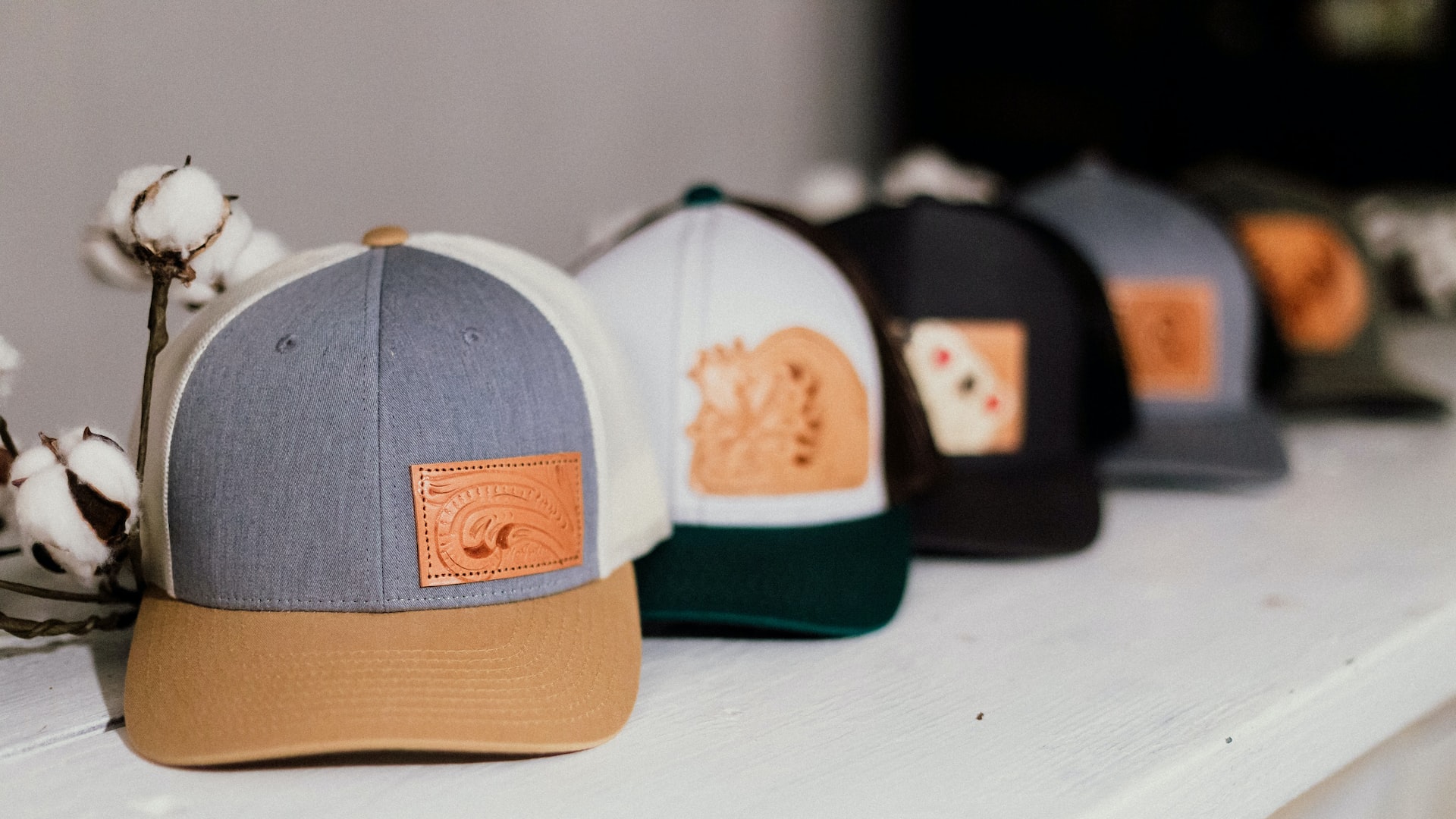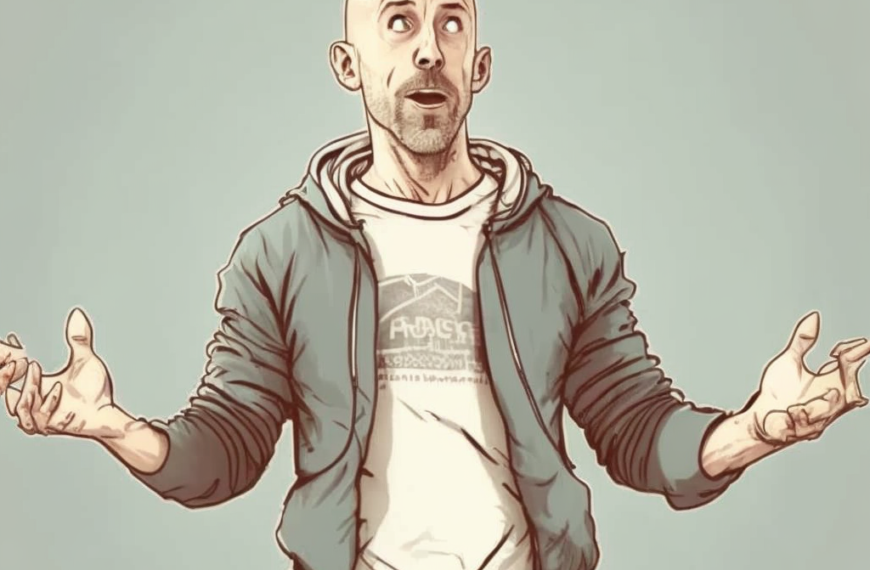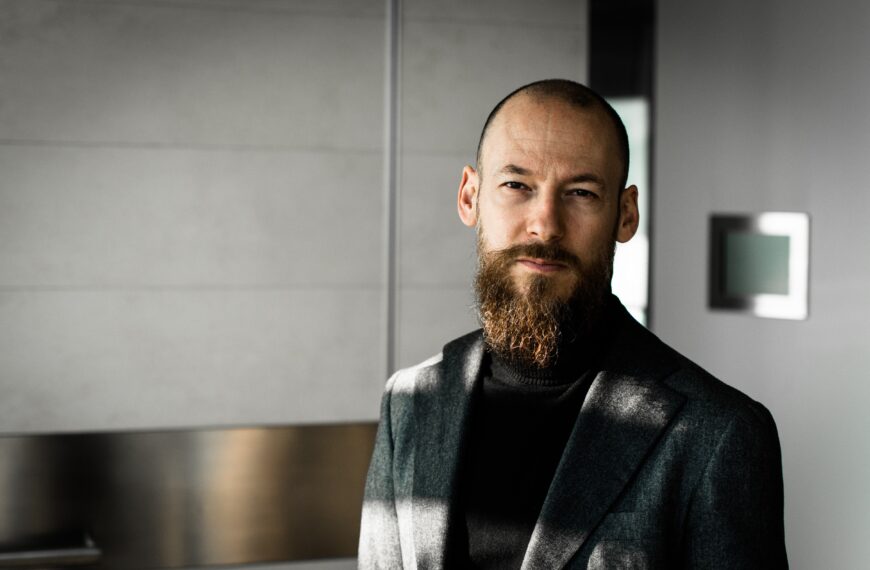Do Caps and Hats Really Accelerate Hair Loss?

It’s no secret that hair loss can be a source of anxiety for many people, and it’s common to hear all sorts of myths about what might cause it. One of the most persistent rumors is that wearing hats and caps could be contributing to hair loss. But is there any truth to this idea? In this article, we’ll investigate the relationship between hats and hair loss, examining the science and sorting fact from fiction. So if you’re curious about whether or not you should ditch your favorite cap, read on to find out what the research says!
How Wearing Caps and Hats Affects Hair Health
Wearing hats and caps can affect hair health in several ways, including scalp irritation and hair breakage. When hats and caps are worn for extended periods, they can trap moisture and sweat, creating a humid environment that promotes bacterial growth and can lead to scalp irritation and dandruff. Additionally, tight-fitting hats and caps can cause friction against the hair and scalp, leading to hair breakage.
The scalp is one of the most sensitive areas of the body, and prolonged hat-wearing can cause scalp irritation, itching, and even infection. This is because hats can trap sweat and bacteria, leading to an increase in fungal and bacterial growth. When the scalp is irritated, it can become red, inflamed, and even painful. To prevent scalp irritation, it’s important to wear hats that are loose-fitting and made from breathable materials, such as cotton or wool.

Hair Breakage
Wearing tight-fitting hats and caps can also cause hair breakage, especially if the hair is pulled back tightly into a bun or ponytail. When hair is constantly pulled back and pressed against the scalp, it can weaken the hair shaft and cause it to break. To prevent hair breakage, it’s important to wear hats that are not too tight and to avoid pulling the hair back tightly when wearing a hat.
The Truth About Hat-Related Hair Loss
There is a widespread belief that wearing hats and caps can cause hair loss. However, this is a myth that has been debunked by dermatologists and hair experts. Hair loss occurs when hair follicles shrink, leading to thinner hair and eventually baldness. Wearing hats and caps does not affect the size of the hair follicles and, therefore, does not cause hair loss.
Several studies have investigated the relationship between wearing hats and hair loss. For instance, a study published in the Journal of the American Academy of Dermatology found that there is no evidence to suggest that wearing hats or helmets causes hair loss. The study concluded that there is no causal relationship between hat-wearing and hair loss, and that wearing hats does not affect the number of hair follicles or the rate of hair growth.
Another study published in the British Journal of Dermatology found that wearing hats has no significant impact on the number of hairs shed daily. The study involved 60 healthy men who were randomly assigned to wear a hat or not for three consecutive days. The researchers found no significant difference in the number of hairs shed between the two groups, suggesting that wearing hats does not cause hair loss.
Furthermore, a study published in the Journal of Investigative Dermatology found that hair loss occurs due to genetic factors, hormonal imbalances, and environmental factors such as stress, diet, and medication. The study concluded that wearing hats does not cause hair loss and that hair loss is a multifactorial condition.
How to Prevent Hair Loss
If you are concerned about hair loss, there are several things you can do to prevent it. Eating a balanced diet, getting enough sleep, and reducing stress are some of the ways you can promote healthy hair growth. Additionally, avoiding tight-fitting hats and caps, washing your hair regularly, and using mild shampoos and conditioners can help prevent hair breakage and scalp irritation.
Conclusion
In conclusion, wearing hats and caps in moderation does not cause hair loss. While they may affect hair health, they do not affect the size of the hair follicles, which is the underlying cause of hair loss. However, it is still important to take steps to promote healthy hair growth by eating a balanced diet, reducing stress, and avoiding tight-fitting hats and caps. Remember, a healthy scalp leads to healthy hair.




